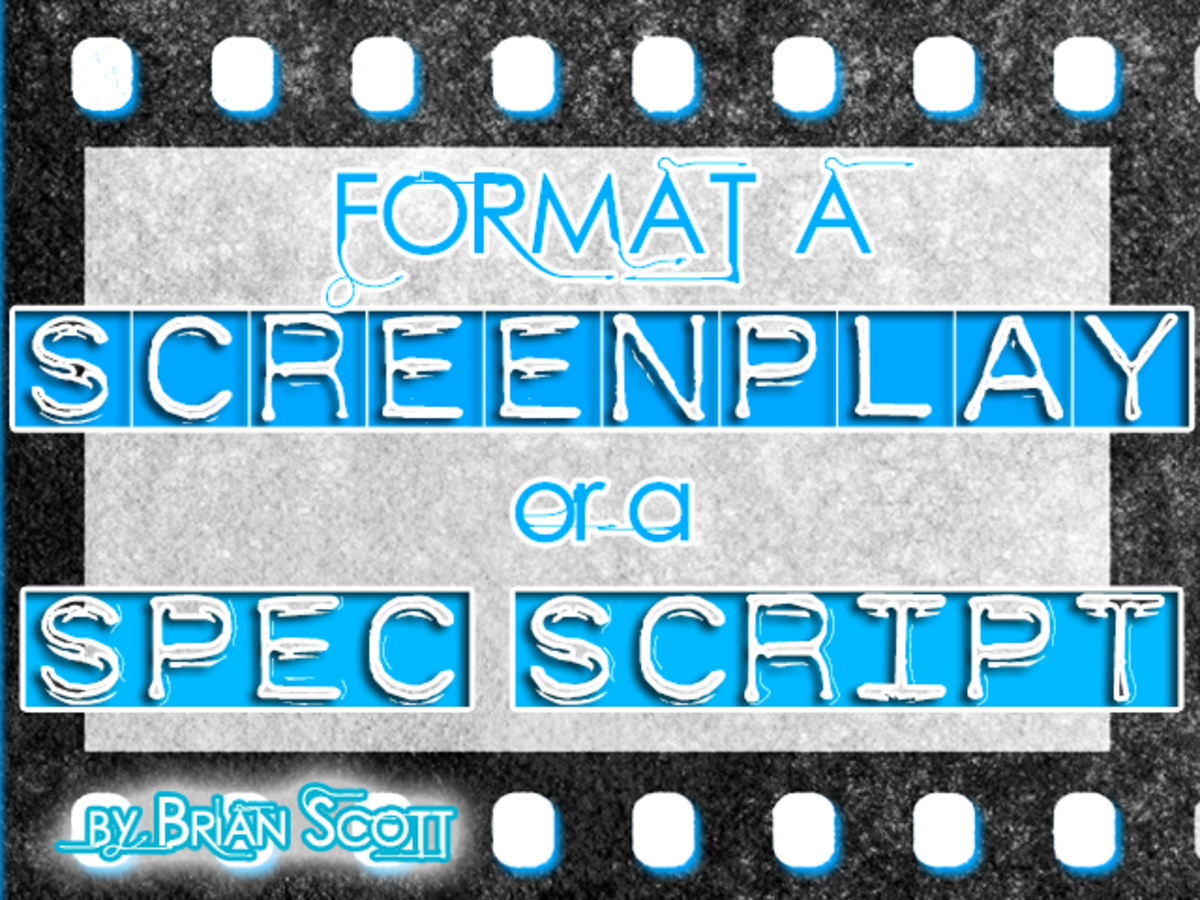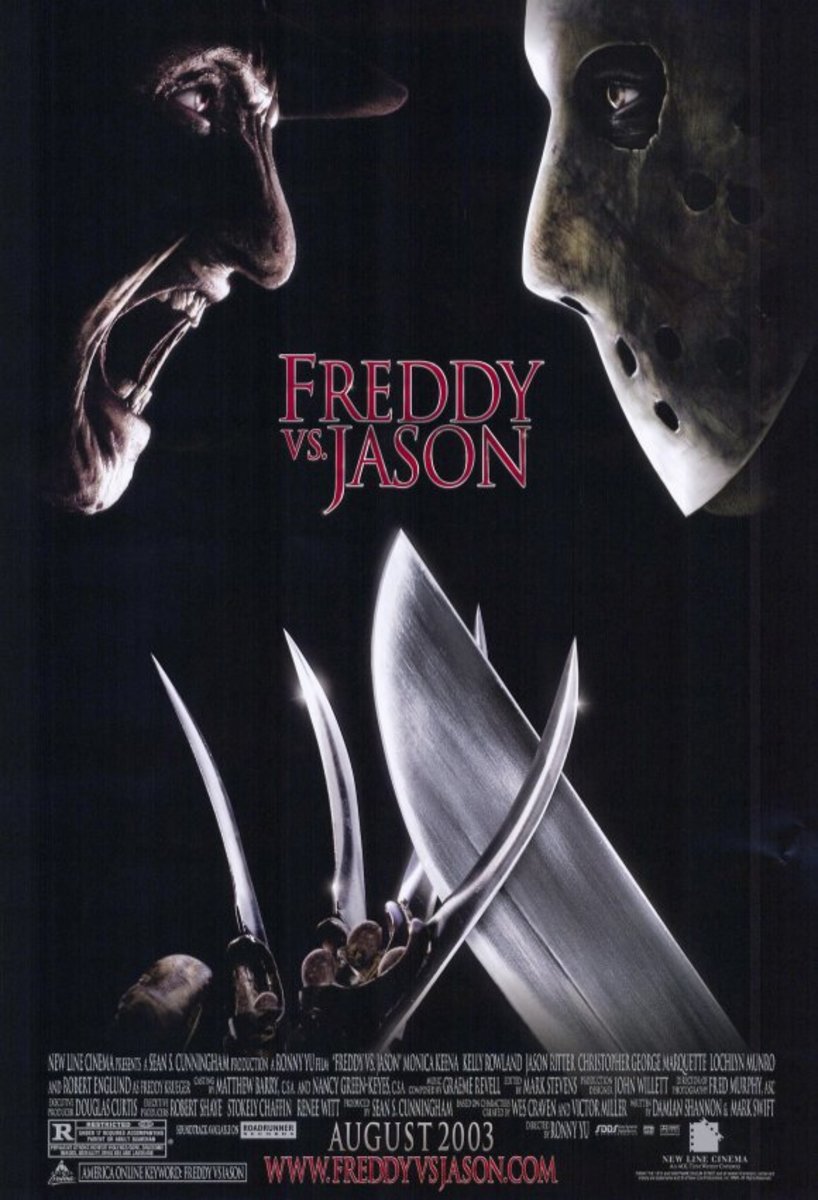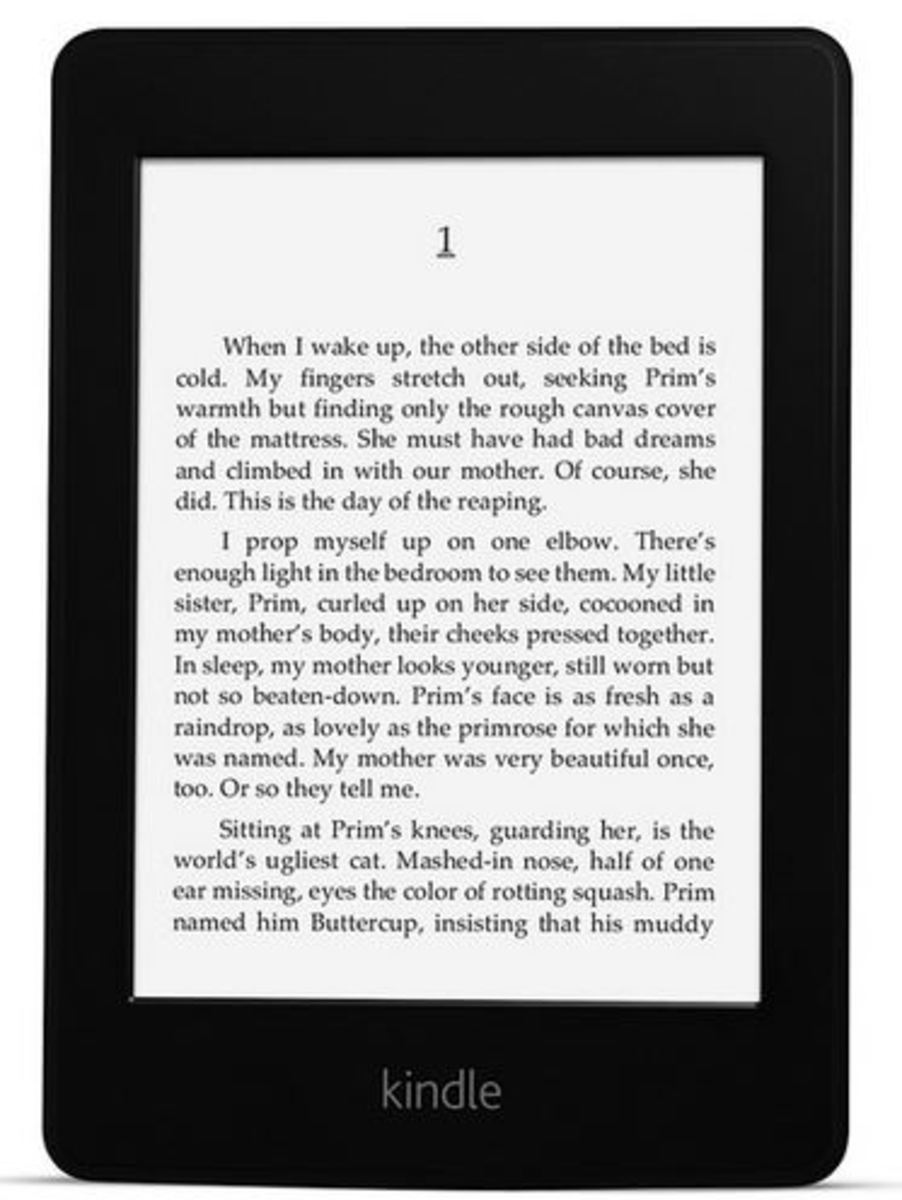Offbeat Script Writing Books for Serious Screenwriters
Not every script writing book retreads the same material.
There are a lot of great screenwriting books in print. Many of those scriptwriting books offer brilliant insights into how to properly and effectively compose a screenplay. Unfortunately, there are several books on screenwriting that are more than a bit derivative. They rehash a lot of the same material. Besides, a lot of the books' advice is irrelevant...but that is another story for another day.
And then all those gimmick-oriented screenwriting tomes try to deliver the elusive and long sought after "perfect formula" for crafting a screenplay. With these words, a hefty "buyer beware" warning is levied. Screenwriting is not a talent developed through following a gimmick.
And then there are some truly novel and unique books out there. For those fans of the art of writing a script, adding the following three offbeat and interesting writing-a-script books to your collection might be a wise plan.
Within these three books, a great deal of unique material brings the books alive. Those looking to hone their craft, reading what these excellent books have to offer, are worth the investment.
Three Unique Script Writing Books
Not every book on the subject of screenplays follows a tired How to scriptwriting paradigm. Nor are they all of the screenwriters on screenwriting mold. There are quite many excellent screenwriting books that cover the topic from unique and different angles. The following three books definitely change from the ''same old, same old '' so many books on screenplays embody.
How Not to Write a Screenplay by Denny Martin Flinn
You could call this book the inverse of the common ''how to scriptwriting'' books on the market. While you might think the book might be a cynical one based on its title, it is a very well written and intelligent book that covers the common mistakes new (and even experienced) screenwriters are prone to make. The goal of this book is to help eliminate common errors that automatically make a screenplay bad. If you do not want an excellent script to be sunk, picking up this book would greatly help.
Good Scripts, Bad Scripts: Learning the Craft of Screenwriting Through 25 of the Best and Worst Films in History by Tom Pope
What is better than learning from your mistakes? Not making any mistakes and observing those mistakes made by others. If you want a great book covering major, supreme errors committed by screenwriters, you will find this book a must-have for your screenwriting library. Sure, there are chapters on really great screenplays such as Chinatown and Romancing the Stone. Admit it, though; you want to read the chapters on the rotten films that make it to the screen. My favorite chapter is the one that deals with The Last Action Hero. This utterly disastrous screenplay was the first notorious bomb for Arnold Schwarzenegger, and the vast narrative errors in the screenplay contributed to the fiasco. Reading that chapter alone will give you a lot of food for thought about how a script's decent idea can go painfully wrong.
Going to the Movies: A Personal Journey Through Four Decades of Modern Film by Syd Field
Anyone with even a passing interest in scriptwriting has read Syd Field's Screenplay: The Foundations of Screenwriting. Serious students have read his other how to scriptwriting works. This particular book intends not to teach anyone the art of screenwriting. Instead, it is a mix of an autobiography and a film lover's journey of cinema appreciation. For those that want an insight into who Syd Field is, this book is well worth reading and rereading.
A Never-Ending Library of Script Writing Books
As you can see, these books each have a different take on how to write a screenplay. These are not gimmicky works. They are serious and well thought out. And yes, they can be quite a bit of fun to read. Adding them to your library would be a smart move.
Of course, there are far more excellent screenwriting books on the market that are well worth reading. If you are serious about scriptwriting, then you will want to keep adding such excellent books to what should be an always-growing collection.
Not the Theater of the Absurd
Last, it is essential to note that offbeat does not mean absurd or ridiculous. There are sure to be gimmick oriented screenwriting books that offer very foolish or silly advice. Niche books do have to set themselves apart to stand out from the crowd. No one is going to fault this approach when the advice provided is helpful and makes sense. However, awful advice will hurt a newbie screenwriter who is trying to receive serious consideration for their work. If the direction seems dubious or the style professed just too off the wall, put the book up for sale on eBay and get some of your money back.
You can also check out:








